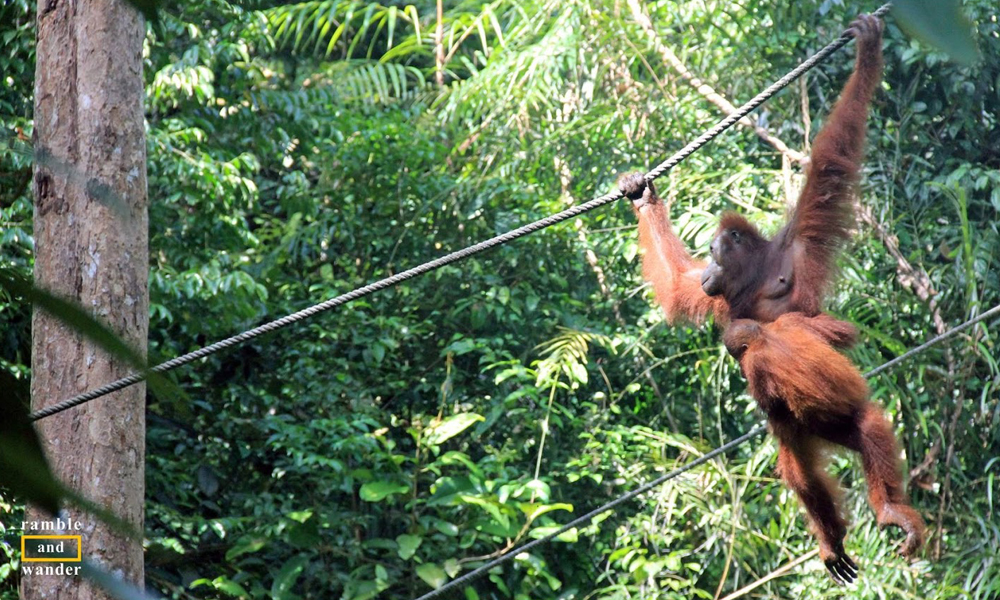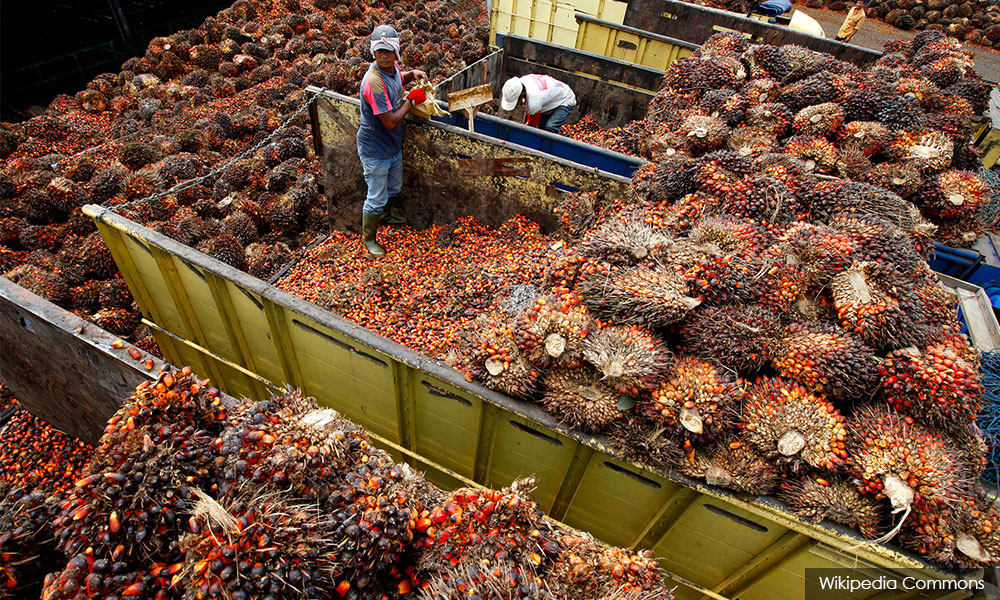COMMENT | In light of an international primary school putting up a play critical of the palm oil industry, I would like to clarify that my criticism was not an attempt to stifle freedom of expression in that school, but to express disappointment and regret on the lack of their understanding of the palm oil industry, particularly about its ongoing conservation and sustainability efforts.
In the past, the Malaysian Palm Oil Council (MPOC) experienced difficulties with some international schools in the Klang Valley rejecting its offer to conduct palm oil awareness sessions for students.
On the contrary, time and again we receive complaints from some parents that some teachers in some international schools are spreading anti-palm oil messages to students in their classes.
Even the current episode was brought to our attention by a concerned parent of a child attending the said school.
While I respect dissenting views on the palm oil industry by anyone, including teachers and students from international schools, I must, however, insist that they must also be open-minded enough to get the full picture of the real situation.
Such openness will allow them to better understand the challenges faced by the small farmers, efforts made by the government and the oil palm industry players on many matters, including those related to improved sustainable cultivation and conservation.
As the minister who is entrusted with the well-being of our nation’s commodities sector, I acknowledge the criticism thrown at the palm oil industry. Also, I do not blindly defend certain mistakes made by some industry players in the past.
What’s important is to rectify such mistakes and to create an improved roadmap that prescribes achieving greater sustainability goals, that include greater care for our environment and wildlife throughout the Malaysian palm oil supply chain.
Sustainability goals
These are among the many reasons why I have tasked my Primary Industries Ministry to work even harder to push for the mandatory implementation of the Malaysian Sustainable Palm Oil (MSPO) certification for the entire value chain of the palm oil industry.
MPOC has been supporting wildlife conservation for nearly 10 years now. In Sabah for example, it shoulders the operation of the Sabah Wildlife Rescue Unit, and in April this year, pledged RM1.5 million to the Sabah Wildlife Department to survey the elephant and orangutan populations in the state.
On top of that, my ministry has launched the One Million Forestry Species Tree Planting project in a degraded permanent forest in Lower Kawag. MPOC has been entrusted to undertake the project and it has just inked the agreement with the Sabah Forestry Department on July 2 this year.
Implementation of MSPO certification, contribution to Sabah wildlife conservation and the One Million Forestry Species Trees Planting are among many efforts to prove that palm oil production and conservation of the environment can coexist.
Palm oil is the major agri-commodity export of Malaysia. It is also the nation’s third-largest export, which earned RM68.5 billion in revenue for the country in 2018.
The export revenue is important for our economy, and also to sustain the livelihood of more than half a million oil palm smallholders in the country.
While the government is fighting hard against various challenges faced by the palm oil industry, particularly against the strong anti-palm oil campaign in Western countries, it is disheartening for us to see Malaysians reject our own commodity, and schoolteachers who have failed to see this and understand the whole issue.
The Primary Industries Ministry is currently conducting the 'Love My Palm Oil' campaign and we are actively engaging schools and universities in this palm oil awareness initiative.
I would like to urge all international schools and universities to open their doors, work hand in hand with MPOC to conduct fact-based educational programmes for the students in their schools and campuses.
For a start, I would like to hold dialogues with the management and teachers of all international schools to discuss all issues of common interest regarding palm oil and its manner of sustainable cultivation in this country.
Only with such open dialogues can we even think of bridging the gaps that divide our understanding about this commodity that is the lifeline of many small farmers in our country.
TERESA KOK is the primary industries minister.
The views expressed here are those of the author/contributor and do not necessarily represent the views of Malaysiakini.



